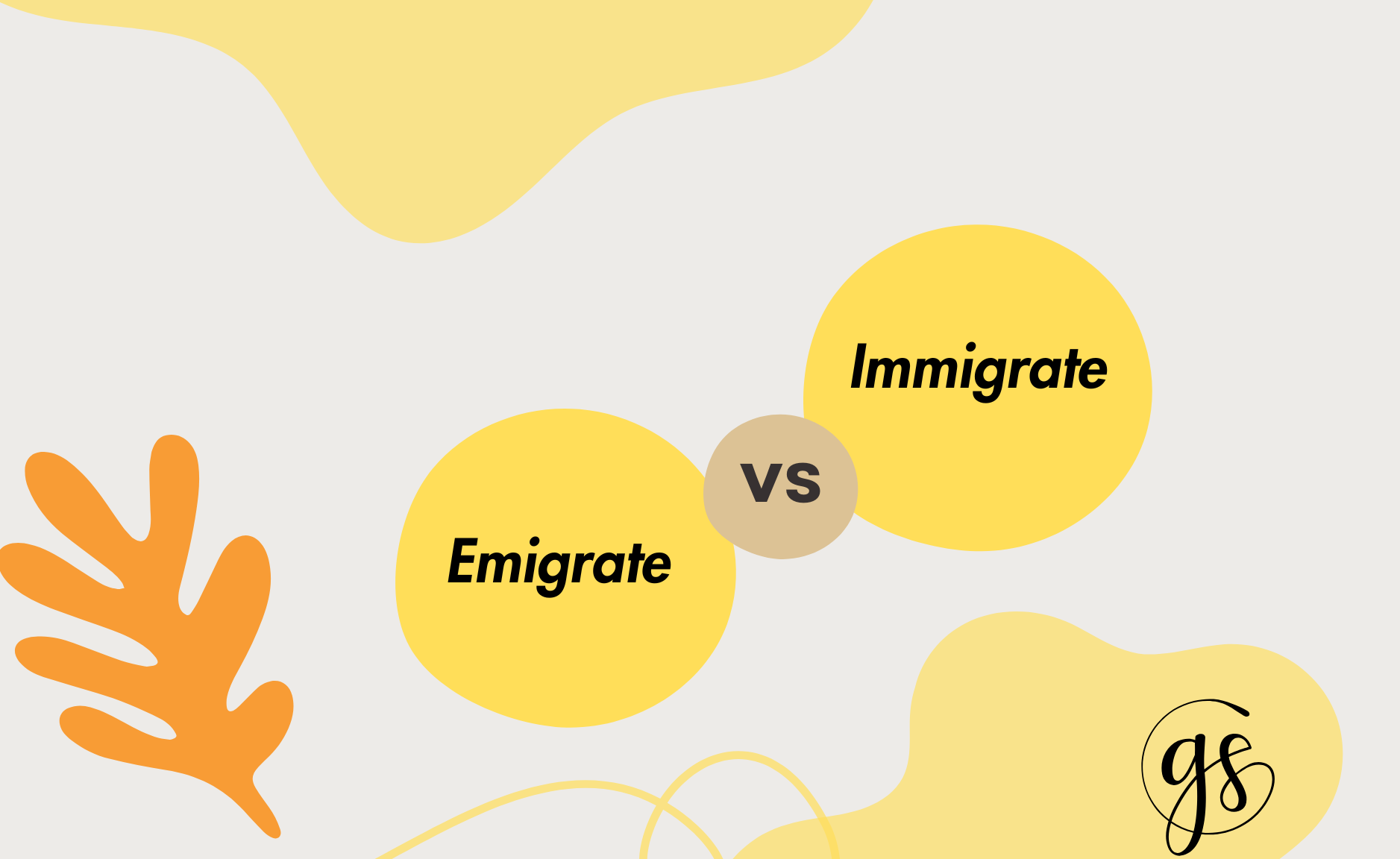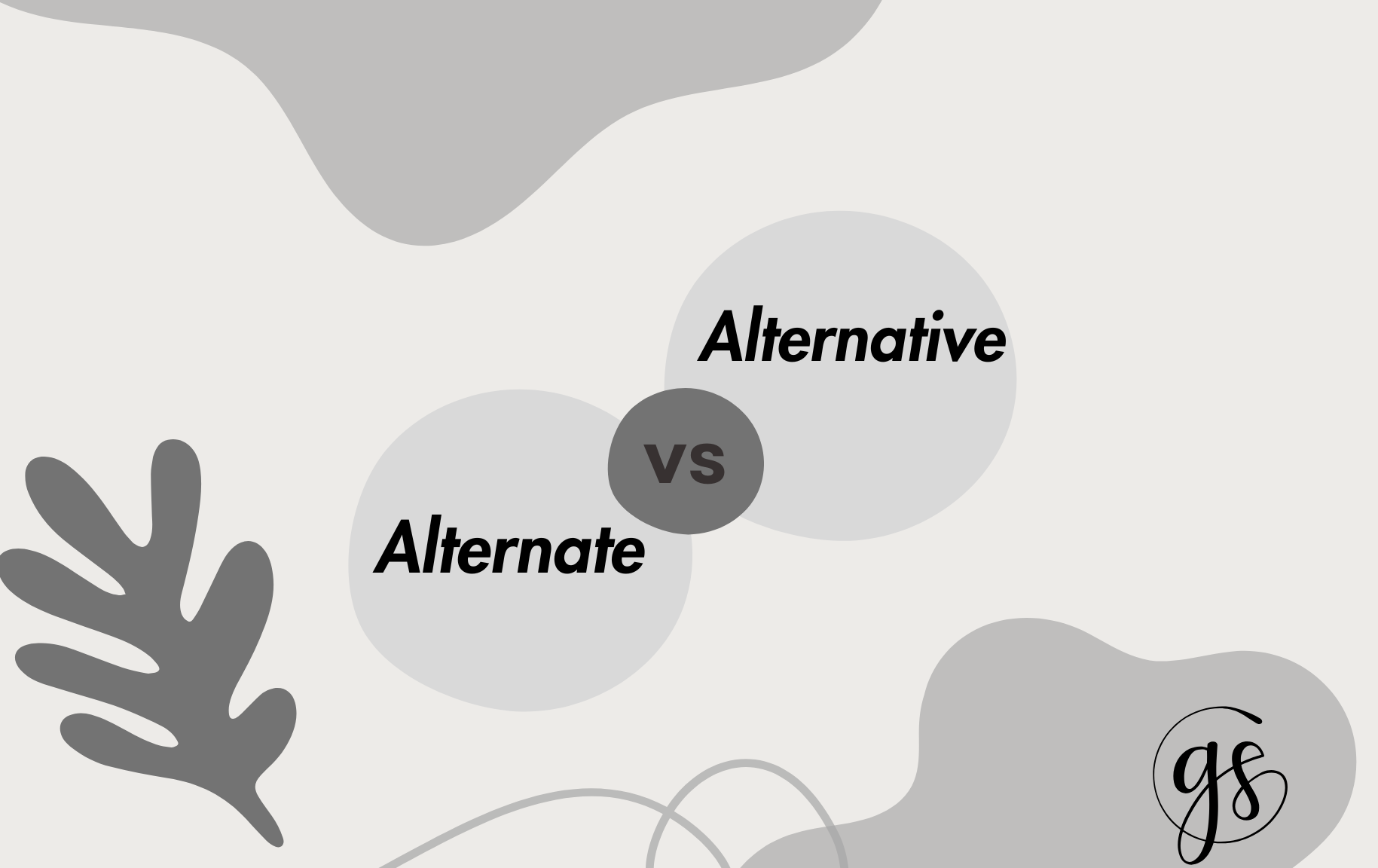Introduction: Meaning
In this article we will tell about Emigrate vs. Immigrate (Meaning + Examples) .
To emigrate meaning is to leave one’s home country with the intent of settling elsewhere;
Immigrate meaning is to arrive in a new country with hopes for a fresh start or improved circumstances. This perspective emphasizes the excitement and challenges that come with adapting to a foreign environment while forging new connections.
Origin
The word emigrate, derived from the Latin root emigrare, captures a profound journey, both physical and existential.
In its etymological essence, e- means out of, while migrare translates to move, creating a poignant image of leaving one’s homeland in search of new horizons.
The word immigrate dances through the annals of history, a linguistic vessel that carries with it the weight of dreams and aspirations. Its etymology roots itself in the Latin verb migrāre, meaning to wander or to move from one place to another. When we dissect its structure, we find that “in-” signifies “into,” suggesting a journey not just across physical borders but into new realms of possibility.
Synonyms of emigrate
- Depart
- Leave
- Relocate
- Move
- Resettle
- Expatriate
- Flee
Antonyms of emigrate
- Immigrate
- Stay
- Remain
- Settle
- Reside
- Return
Synonyms of immigrate
- Enter
- Settle
- Move
- Arrive
- Relocate
- Transplant
Antonyms of immigrate
- Emigrate
- Leave
- Depart
- Exit
- Flee
- Evacuate
- Abandon
- Withdraw
- Repatriate
Emigrate sentences
- After years of planning, they decided to emigrate to Canada for better job opportunities.
- Many families choose to emigrate when they seek a safer environment for their children.
- During the economic crisis, a significant number of citizens began to emigrate in search of stability.
- She hopes to emigrate to New Zealand, where her relatives have settled.
- The government has introduced new policies to encourage skilled workers to emigrate to the country.
Immigrate sentences
- Many people choose to immigrate to the United States in search of better economic prospects.
- Her grandparents immigrated from Italy after World War II, seeking a fresh start.
- The new policies aim to simplify the process for individuals looking to immigrate legally.
- As refugees, they had to navigate a long and complicated journey to immigrate to a safe country.
Conclusion
In the complex tapestry of human movement, the distinction between emigration and immigration serves as a poignant reminder of our shared journeys across borders. While one term evokes the bittersweet farewell to familiar shores, the other celebrates the hopeful embrace of new horizons. Each choice carries with it a narrative steeped in aspiration, challenge, and identity, intricately woven into the fabric of personal and collective histories.
FAQs
What is the difference between immigration and emigration?
Immigration means the act of coming to your own country. Emigration means the act of leaving your own country.
Is emigration leaving or entering?
Emigration is the act of leaving a resident country or place of residence with the intent to settle elsewhere.
Emigration vs immigration pronunciation is?
“Emigrate” is pronounced like “EH-muh-grayt,” where the initial “em” sounds similar to that of “ember.” On the other hand, “immigrate” is pronounced “IH-muh-grayt,” where the initial “im” sounds similar to that of “import.”




